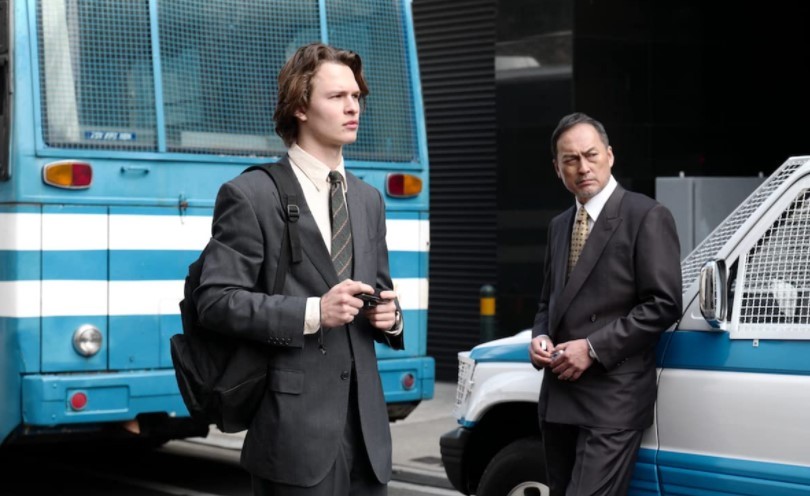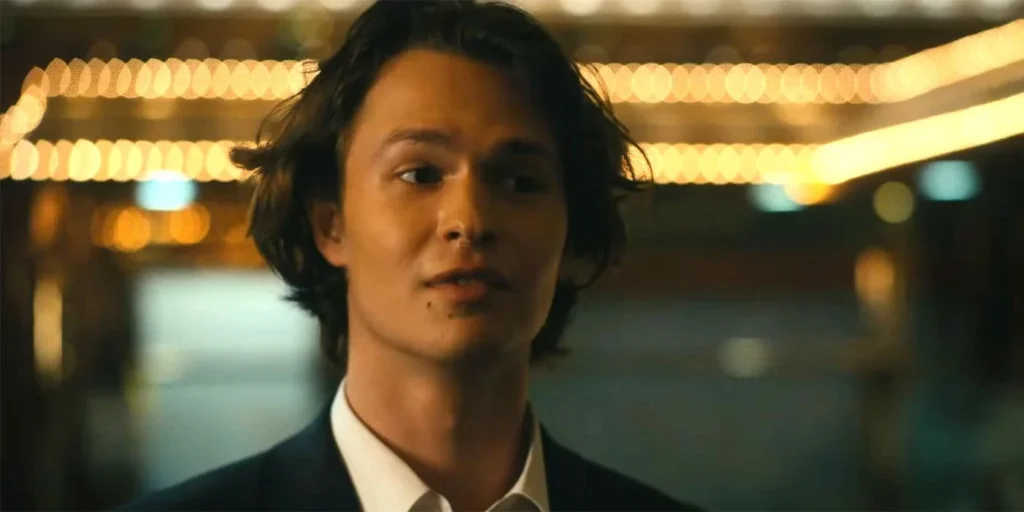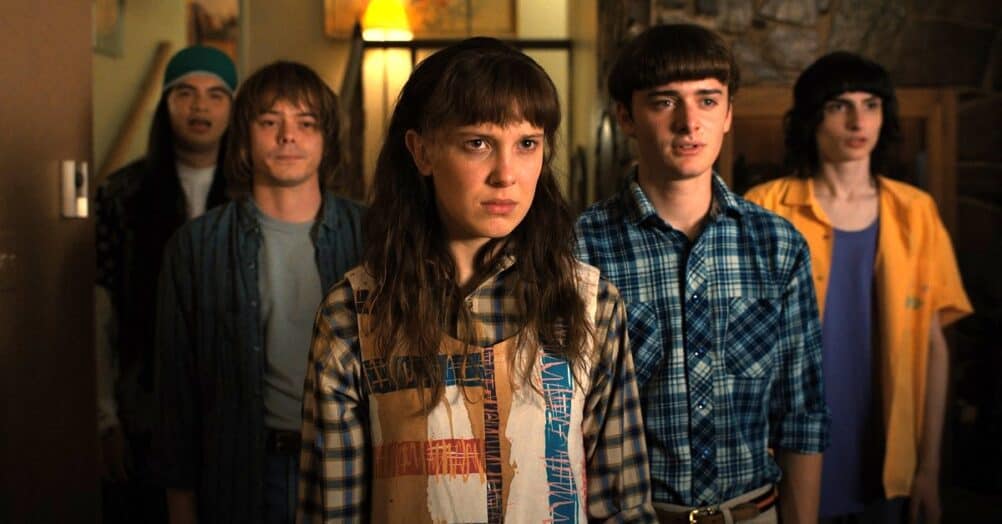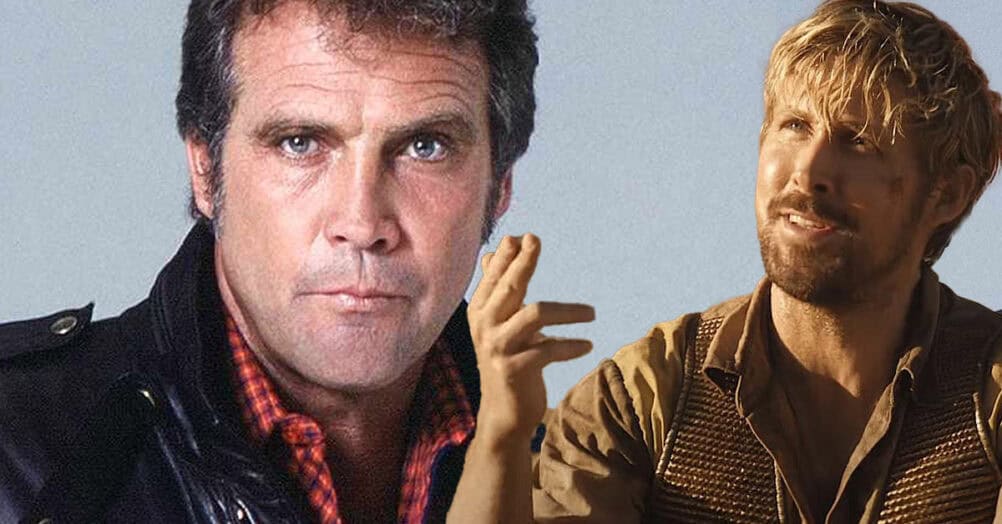Plot: Loosely inspired by American journalist Jake Adelstein’s non-fiction first-hand account of the Tokyo Metropolitan Police beat, the crime drama series, filmed on location in Tokyo, captures Adelstein’s (played by Ansel Elgort) daily descent into the neon-soaked underbelly of Tokyo in the late ‘90s, where nothing and no one is truly what or who they seem.
Review: Tokyo Vice is a title that immediately draws comparisons to the iconic 1980s television series Miami Vice. Interestingly, this HBO Max original, based on the memoir of the same name, boasts Miami Vice director Michael Mann as the helmer on the premiere episode. With atmospheric camerawork, pulsating neon colors, and a propulsive musical score, Tokyo Vice serves as a spiritual successor to Miami Vice both thematically and visually despite tackling a look at law and order from a much different vantage point. Taking inspiration from a true story, Tokyo Vice is a fascinating look into the conflicts generated by organized crime run by the Yakuza, the police who turn a blind eye, and the media who report on it. This series is not about action or gunfights but instead is a behind the curtain look at the criminal underworld, unlike any way we have seen it before.

Billed as a fictionalized take on the memoir, Tokyo Vice follows Jake Adelstein (West Side Story‘s Ansel Elgort), an idealistic young Jewish reporter from Missouri looking to break into crime reporting in Japan. When he becomes the first foreigner to work at a major Japanese newspaper, Adelstein must climb the ranks under the watchful eye of his editor, Eimi (Rinko Kikuchi). Witnessing the influence of the Yakuza on the day-to-day operations of the police and the media, Jake connects hostess Samantha (Legion‘s Rachel Keller) and detective Hiroto Katagiri (Ken Watanabe). Both Samantha and Katagiri offer very different looks inside how things work in Japan and caution Jake against reporting what he has seen. Jake also befriends Yakuza soldier Sato (Sho Kasamatsu) who provides him access that most reporters could never even dream of.
The first thing I noticed when I started watching Tokyo Vice was how good Ansel Elgort and Rachel Keller are at speaking Japanese. The majority of this series is subtitled with the American characters interacting fluently with their Japanese counterparts. There are many scenes spoken in English, but it shifts almost seamlessly between the two languages. At no point does J.T. Rogers’ script portray Adelstein as a white savior. Rather, Adelstein must work twice as hard as his Japanese counterparts to prove himself worthy of his job. Ansel Elgort brings a boyish optimism to playing Adelstein, a man with a distance (both literally and figuratively) between himself and his family. Ken Watanabe’s grizzled but determined detective serves as a surrogate father and mentor to Adelstein and the two have great chemistry on screen. Elgort and Keller equally have chemistry, albeit a much different kind. Sho Kasamatsu is also impressive as the young Yakuza. Kasamatsu is the most relatable of the criminal characters and works well as the audience’s entry into the rigid rules and hierarchy of the Japanese mafia.
While the story Tokyo Vice is based on comes from Adelstein’s memoir, the series gives equal screen time to the aforementioned characters. We do spend a lot of time with Jake, but there are substantial subplots for Keller, Watanabe, and Kasamatsu that factor into the main narrative of the series. It does take a bit of time for the series to gain any momentum as each episode is heavily reliant on conversations being listened to surreptitiously or analyzed for meaning. There is a fair amount of sex and violence here, but more bloodshed than nudity overall. This is a series about gangsters and their crimes, so you do see a lot on screen, including self-immolation. The violence is never sensationalized nor is it gratuitous, but when it is shown, the camera does not shy away from displaying every last detail.
While Michael Mann only directed the first episode, the acclaimed filmmaker sets the tone and style for the rest of the series. Only the first five episodes were made available for this review, but in the second and third entries directed by Josef Kubota Wladyka (The Terror, Narcos) and the fourth and fifth episodes directed by Hikari (37 Seconds) there is a consistency that matches Mann’s lead. Creator J.T. Rogers (Oslo) manages to add some dramatic beats between the narrative, especially in the sequences centered on Sato and the daily operations within the Yakuza, but the most interesting elements of this story are Jake’s outsider perspective and how he begins to unravel as a person concurrently as he learns the details about the story he is writing. Aided by the excellent musical score from Saunder Jurriaans and Danny Bensi (Ozark, American Gods), Tokyo Vice has all of the elements of a solid feature film spread over a season’s worth of television.

Tokyo Vice did not end up being the series I expected it to be based on the trailers, but it is still a very intricate and fascinating watch. I learned a lot about Japanese culture from these episodes, especially the way they view outsiders and handle their organized crime. This is not a show focused on action or even much of a procedural but instead serves as a deep character study of multiple individuals. Ansel Elgort, Ken Watanabe, Rachel Keller, and the rest of the cast are all very good and make this a deeply informational and entertaining series. I am sure there is substantial dramatic license in bringing this tale to screens, but if you are like me you will probably be getting a copy of Jake Adelstein’s book to see just how much of this story actually happened. It may not be as hip as Miami Vice, but Tokyo Vice is every bit as captivating to watch.
Toyko Vice premieres with three episodes on April 7th on HBO Max.





















Follow the JOBLO MOVIE NETWORK
Follow us on YOUTUBE
Follow ARROW IN THE HEAD
Follow AITH on YOUTUBE